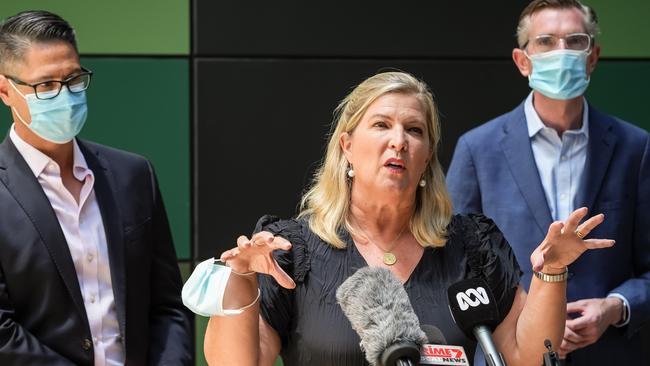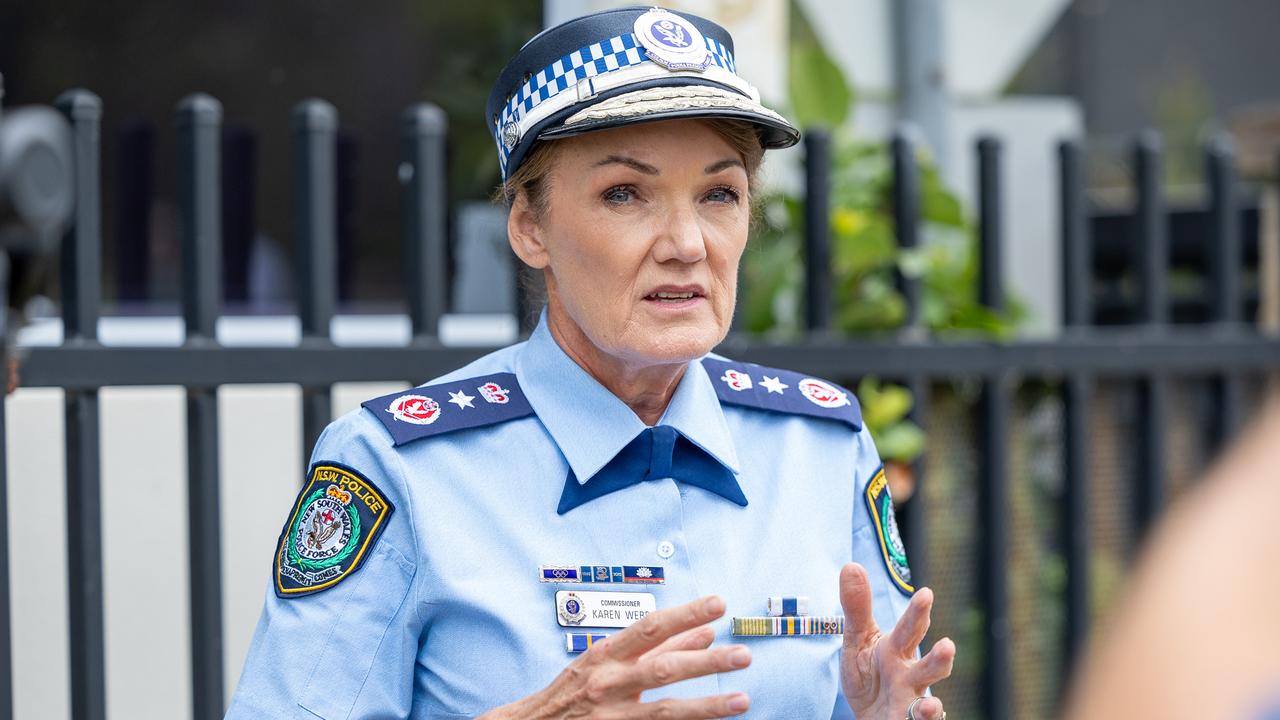First ever Regional Health Minister commits to addressing rural hospital worker shortfall
Inaugural Regional Health Minister Bronnie Taylor has identified where action is needed to fix rural hospital worker shortages.

NSW
Don't miss out on the headlines from NSW. Followed categories will be added to My News.
The woman tasked with fixing the bush’s health crisis has committed to harnessing country uni students and fixing up accommodation in a bid to address the desperate shortfall of workers striking regional hospitals.
Responsibility for bridging the divide between the city and the country’s health systems will fall to Bronnie Taylor, after the Deputy Nationals leader was named the inaugural Regional Health Minister in Dominic Perrottet’s cabinet reshuffle.
“One thing we do know is we need to now turn our attention to our workforce. There has been no investment in our workforce for so long,” Ms Taylor said.
Her promotion follows The Daily Telegraph’s calls for the creation of the role, with the newspaper’s Bush Summit series highlighting the state’s regional health crisis – ranging from hospitals without any doctors, to pregnant women being given “waterproof mats” in case they gave birth while driving hundreds of kilometres to their nearest maternity wards.

Ms Taylor said the role was her “dream job” following more than two decades working as a cancer nurse in south coast hospitals before being elected to parliament in 2015.
She will add the portfolio to her busy workload which includes positions as Minister for women and mental health. She backed the NSW government’s investment in health infrastructure in the bush, but acknowledged the region’s workforce had been neglected “for so long”.
“I think if you travel to the regions, you see new (health) infrastructure everywhere.”
Telling The Daily Telegraph of her vision for the new role, Ms Taylor said harnessing country-based school and university students was crucial to ensuring there was a “pipeline of staff” to take up health jobs in the bush.
“We need to look at better pathways through school. We need to foster opportunities if someone wants to do their ‘assistance in nursing’ in year 11. I think we have to get better at connecting students to those local health districts and see if they do want to stay there.” Accommodation for health workers was another issue she said the government would look at, saying “we can’t attract those workers if we don’t have the housing”.
She also backed the use of Telehealth audiovisual links, which have been criticised in some quarters as a replacement for face-to-face consultations. “(Telehealth) will never be a replacement but I think it can be an adjunct to (the regions).”





